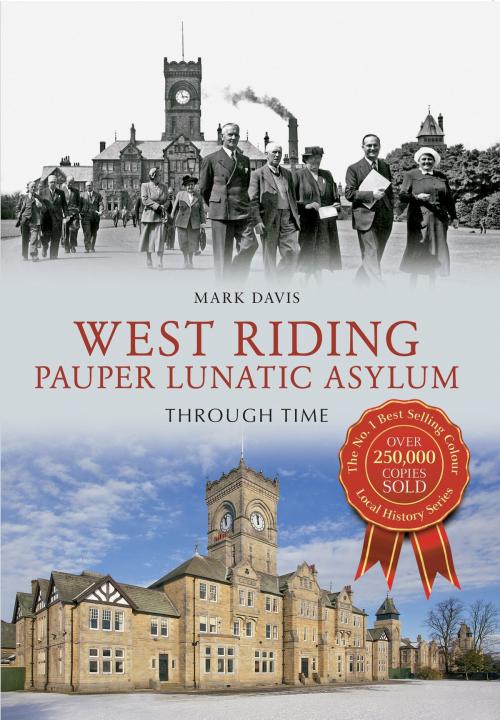West Riding Pauper Lunatic Asylum Through Time
Nonfiction, Social & Cultural Studies, Political Science, Politics, Social Services & Welfare, Social Science, History| Author: | Mark Davis | ISBN: | 9781445632131 |
| Publisher: | Amberley Publishing | Publication: | March 15, 2013 |
| Imprint: | Amberley Publishing | Language: | English |
| Author: | Mark Davis |
| ISBN: | 9781445632131 |
| Publisher: | Amberley Publishing |
| Publication: | March 15, 2013 |
| Imprint: | Amberley Publishing |
| Language: | English |
During the eighteenth century the plight of those considered insane was dismal. Many were locked up in madhouses or chained in the workhouse, their illnesses ignored. It was only with the advent of the Industrial Revolution that reform came into place. Within the West Riding of Yorkshire the first steps in reform were taken by the Tuke family who built the Retreat at York, instrumental in bringing a new moral, caring attitude that was quickly adopted across the country. Through our journey in time we discover how former asylums in York, Wakefield, Sheffield, Menston and Huddersfield changed over the centuries. These sprawling institutions were self-contained, isolated villages in their own right. With the aid of fascinating photographs, a formidable history emerges from an age where it is estimated that at least 30 per cent of the asylum population were unjustly incarcerated without crime or foundation.
During the eighteenth century the plight of those considered insane was dismal. Many were locked up in madhouses or chained in the workhouse, their illnesses ignored. It was only with the advent of the Industrial Revolution that reform came into place. Within the West Riding of Yorkshire the first steps in reform were taken by the Tuke family who built the Retreat at York, instrumental in bringing a new moral, caring attitude that was quickly adopted across the country. Through our journey in time we discover how former asylums in York, Wakefield, Sheffield, Menston and Huddersfield changed over the centuries. These sprawling institutions were self-contained, isolated villages in their own right. With the aid of fascinating photographs, a formidable history emerges from an age where it is estimated that at least 30 per cent of the asylum population were unjustly incarcerated without crime or foundation.















